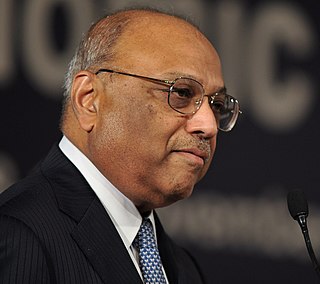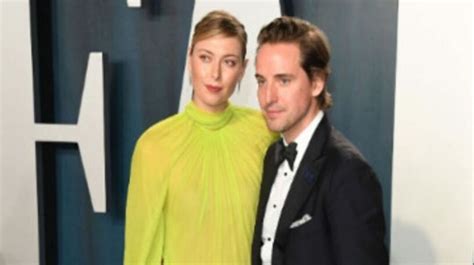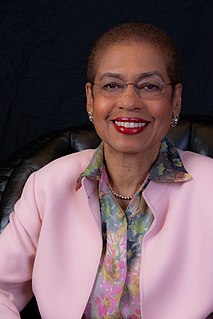A Quote by C. K. Prahalad
The real source of market promise is not the wealthy few in the developing world, or even the3 emerging middle-income consumers. It is the billions of aspiring poor who are joining the market economy for the first time.
Related Quotes
The Middle East would always be an important trading partner in just a market sense, like America is a big market for us, Asia is a big market, Europe is a big market. You are going to have hundreds of millions of consumers there, from just a standard market point of view, from a very narrow American point of view.
Since 2008 you've had the largest bond market rally in history, as the Federal Reserve flooded the economy with quantitative easing to drive down interest rates. Driving down the interest rates creates a boom in the stock market, and also the real estate market. The resulting capital gains not treated as income.
The real bosses in the capitalist system of market economy are the consumers. They by their buying and by their abstention from buying decide who should own the capital and run the plants. They determine what should be produced and in what quantity and quality. Their attitudes result either in profit or in loss for the enterpriser. They make poor men rich and rich men poor. They are no easy bosses.
You can't expect to be on MTV and critique George Bush. You can't expect to be on BET or the cover of 'The Source' advocating Jesus Christ or Buddha or Hindu Krishna or Moses. As a conscious rap artist, you have to play in the arena that you're supposed to be in. What is that arena? That arena is the college market. The conscious rap artist woos the college market, even though the college market is the wildest, most sexed-out, drug-driven market in the country, possibly the world.
We have a market-driven society so obsessed with buying and selling and obsessed with power and pleasure and property, it doesn't leave a whole lot of time for non-market values and non-market activity so that love and trust and justice, concern for the poor, that's being pushed to the margins, and you can see it.
What is it about a work of art, even when it is bought and sold in the market, that makes us distinguish it from . . . pure commodities? A work of art is a gift, not a commodity. . . works of art exist simultaneously in two “economies”, a market economy and a gift economy. Only one of these is essential, however: a work of art can survive without the market, but where there is no gift, there is no art.
I agree that income disparity is the great issue of our time. It is even broader and more difficult than the civil rights issues of the 1960s. The '99 percent' is not just a slogan. The disparity in income has left the middle class with lowered, not rising, income, and the poor unable to reach the middle class.































